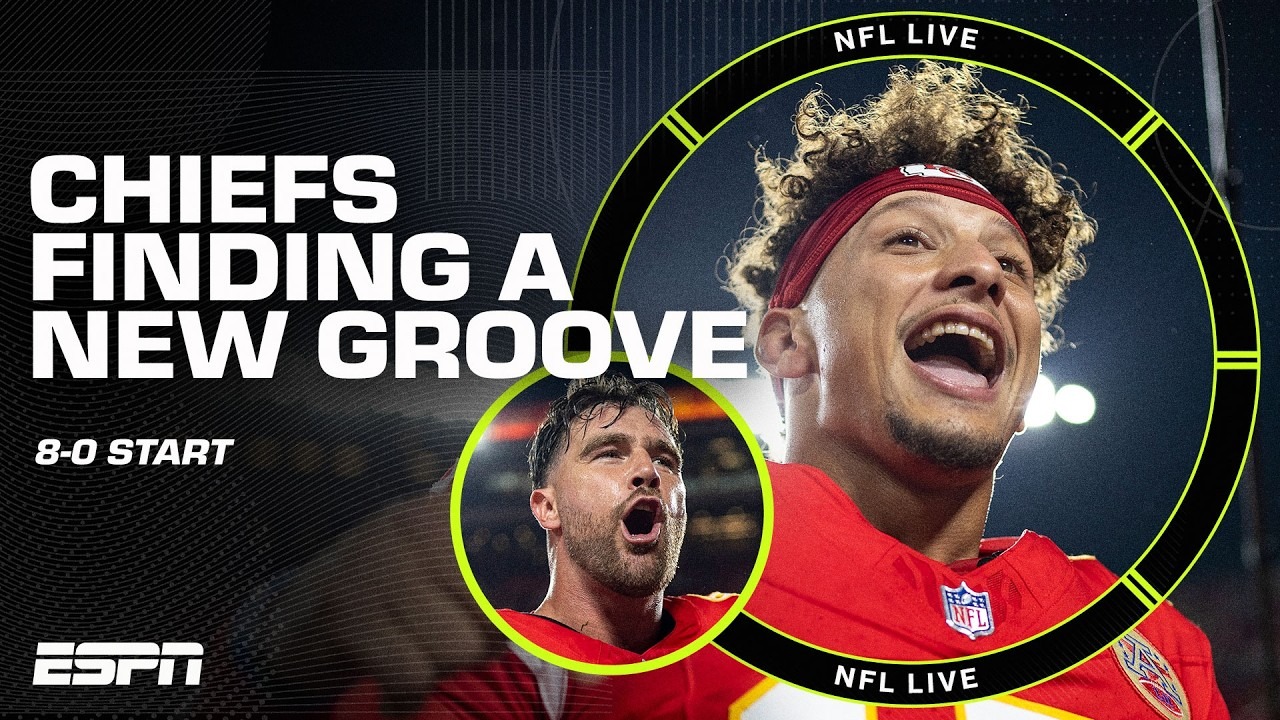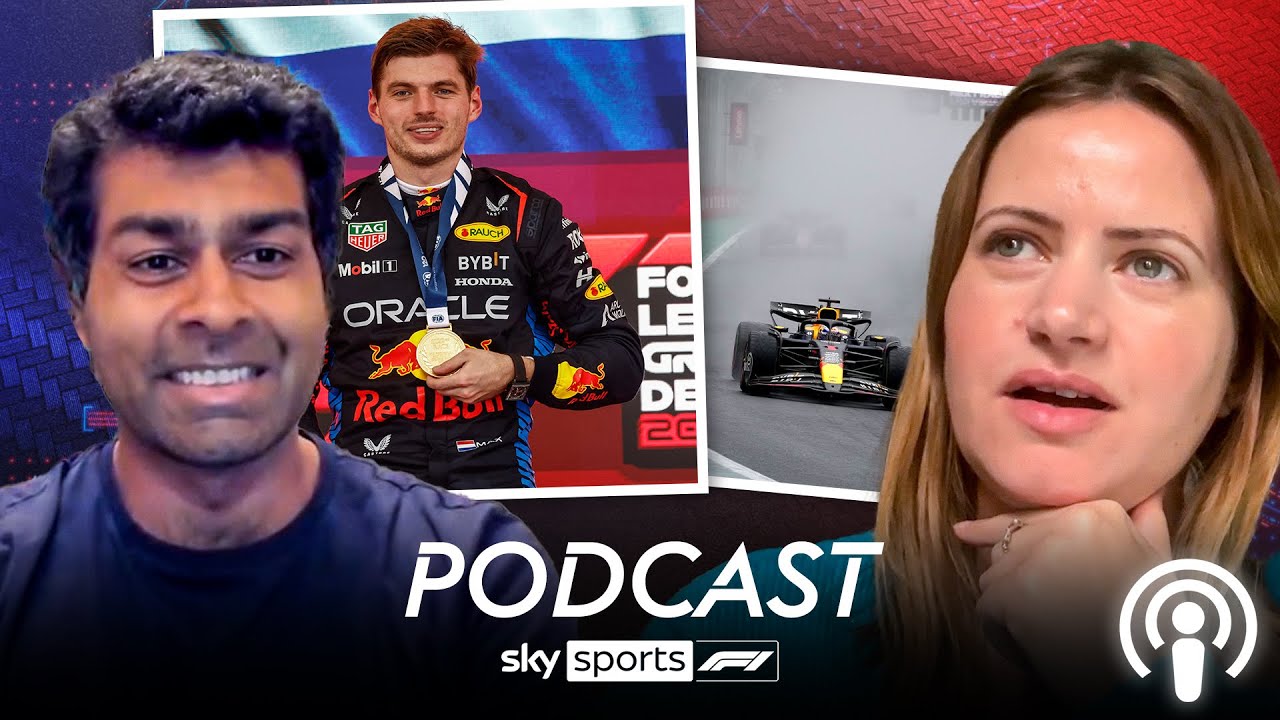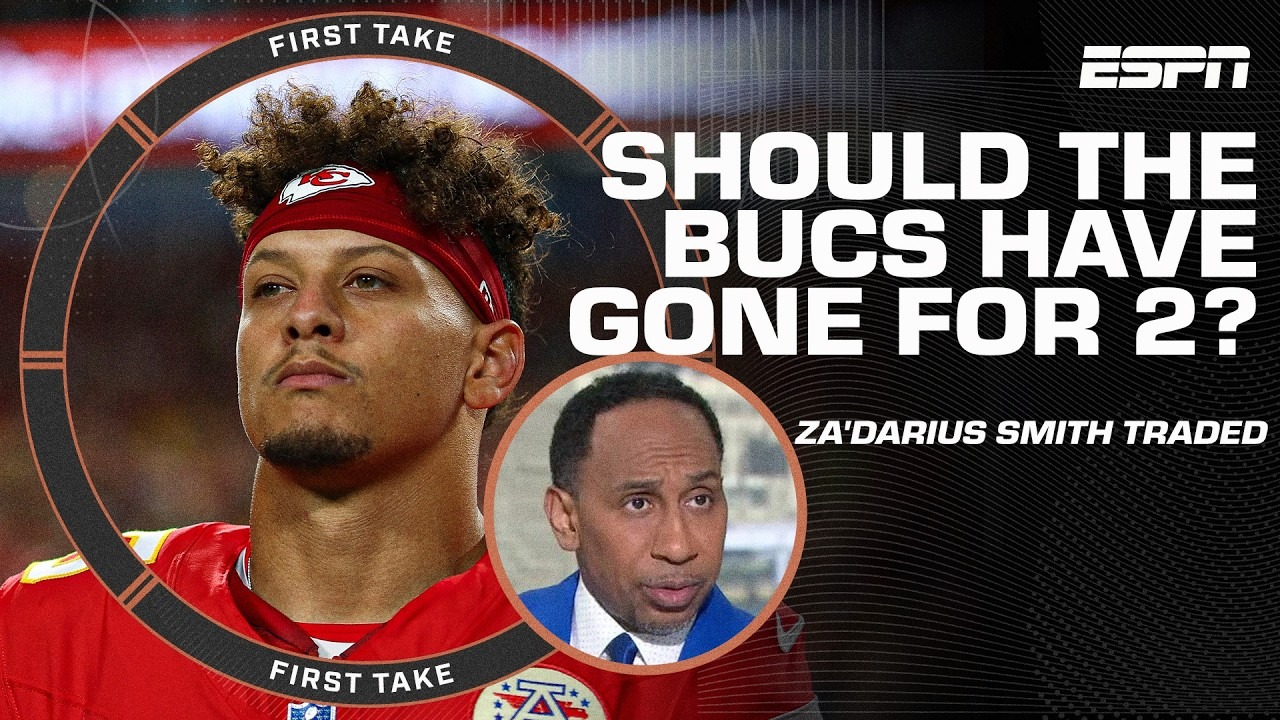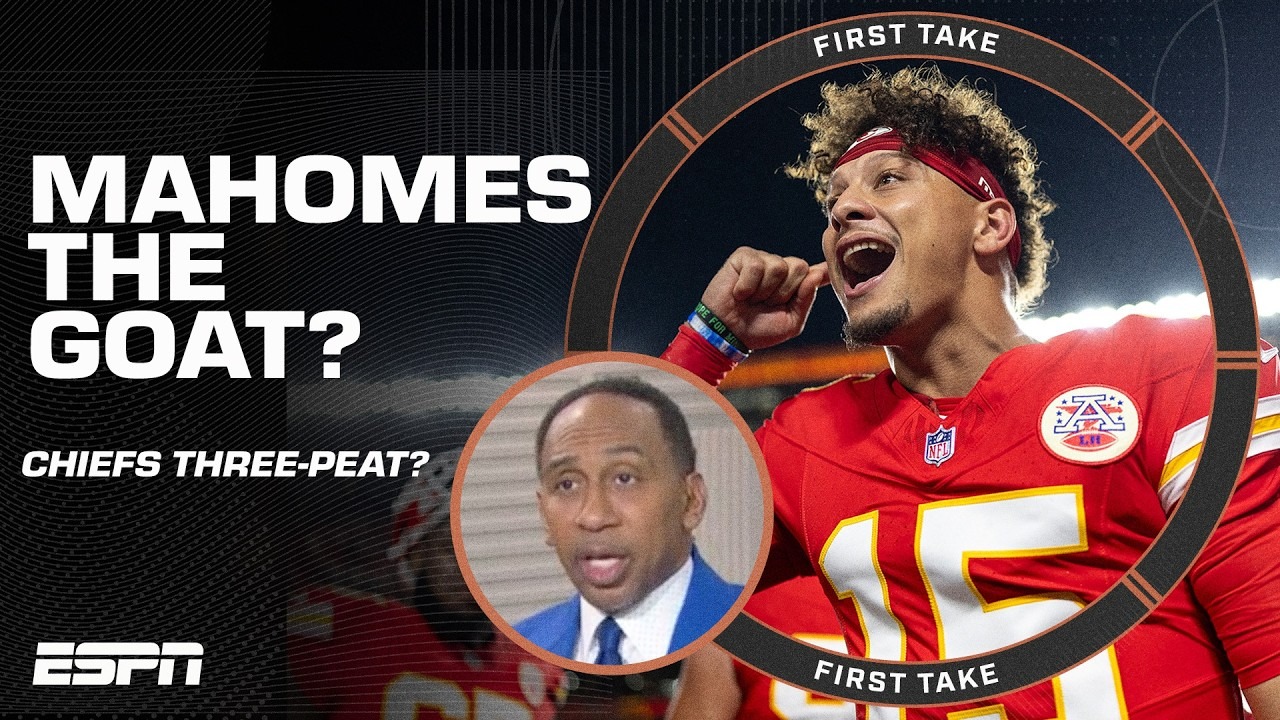
As Erling Haaland and Martin Odegaard prepare to face each other when Arsenal takes on Manchester City in a huge game in the Premier League title race on Wednesday, there is optimism back in their native Norway that the star duo are about to make the country a soccer force again.

Norway has not qualified for a major tournament since Euro 2000, when Ole Gunnar Solskjaer and Tore Andre Flo were leading the attack.
Odegaard was 18 months old and Haaland had not been born, as Norway defeated Spain but failed to advance out of its group.
That was the end of the country’s soccer heyday, coming after Norway had reached successive World Cups — defeating Brazil en route to the last 16 in France in 1998.
But things appear to be changing, with the national team reaching the playoffs for Euro 2020 and falling just short in its attempt to make last year’s World Cup.
Qualifying for Euro 2024 begins next month and Norway appears to be a slight favorite finish ahead of Scotland and come through its group alongside Spain.
Haaland, 22, has dominated headlines in the Premier League, where he is the top scorer and averaging over a goal a game for City since signing from Borussia Dortmund.
Odegaard, barely 16 when he joined Real Madrid, struggled to live up to the hype in Spain but is now leading Arsenal’s charge for the Premier League title.

“Martin Odegaard, what a player, what a season, said Roar Stokke, a commentator for broadcaster Viaplay. “World class. He is a leader on the pitch for Arsenal. Great for them, great for Norwegian football.”
“Odegaard and Haaland are such an inspiration for other players and an inspiration for Norwegian football.
Stokke makes the point that two world-class players is simply “a good start” for Norway and that the duo needs a strong team around them, which may now be emerging.
The national team, ranked 43rd in the world, had a pool of players performing in some of Europe’s leading leagues.
Among them is Julian Ryerson, the 25-year-old right-back who recently joined Dortmund from Union Berlin.
Alexander Sorloth, 27, has been in excellent goal-scoring form for Real Sociedad, although how the big striker can play with Haaland remains to be seen.
Then there is coach Stale Solbakken, formerly of Wolverhampton Wanderers, who took over in late 2020.
“There are a lot of positive vibes around the team and I think the manager is a factor,” said Tor-Kristian Karlsen, a former sporting director at local club IK Start who carried out the same role at Monaco and Israeli outfit Maccabi Haifa.
“Solbakken might not have produced results just yet but he is still a very positive, engaging figurehead. He dares to be ambitious and does expect us to qualify.”
The national team is undoubtedly on the up, but what about the domestic league?
It has been 15 years since a Norwegian club made the Champions League group stage, when Rosenborg of Trondheim held Chelsea away, bringing about the end to Jose Mourinho’s first spell at Stamford Bridge.
Bodo/Glimt, the modest club from north of the Arctic Circle, came close to reaching the Champions League this year, losing in the playoffs.
Their performances in Europe — and those of current champion Molde — are encouraging, as is the fact that the Eliteserien — the local league, which starts in April and runs through the summer — recently agreed a new six-year television deal with a domestic broadcaster reportedly worth over $500 million.
Keping talented players for a long time, however, is a challenge.
Haaland starred for Molde before joining Red Bull Salzburg at 18. Odegaard only played a handful of games for Stromsgodset.
The latest transfer window saw several Norwegian sides sell players abroad for large fees, including Ivorian forward David Datro Fofana, who joined Chelsea for up to £10 million ($12 million) from Molde.

Stokke says the size of the country and the climate are obvious handicaps.
“The population in Norway is around 5 million. Winter is for four to five months and our football season is shorter than anywhere else,” he points out.
Meanwhile, the current struggles of record 26-time champions Rosenborg perhaps do not help.
“If one club has the infrastructure and the draw and the culture of possibly getting back into the Champions League and staying there it is them but there is a serious rebuild to be done there,” says Karlsen.










